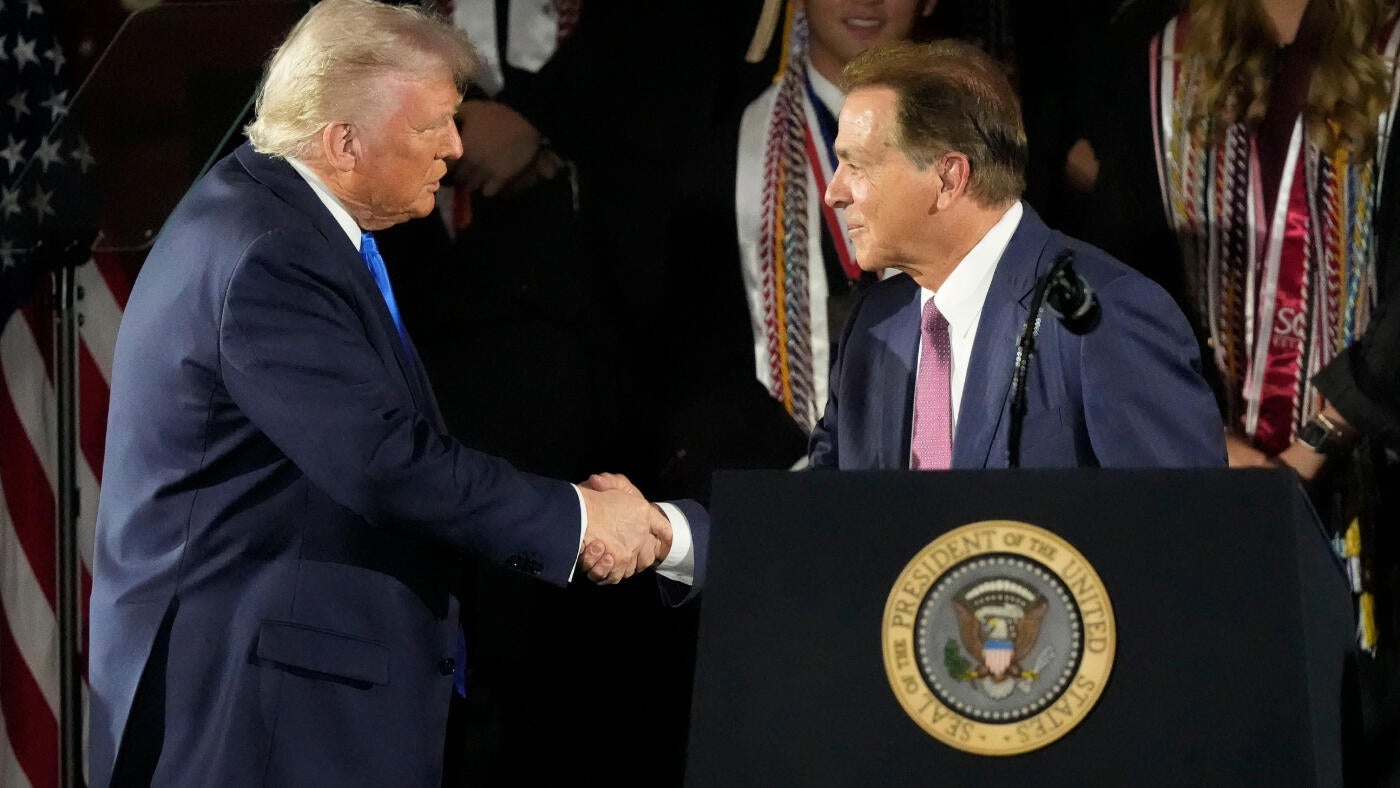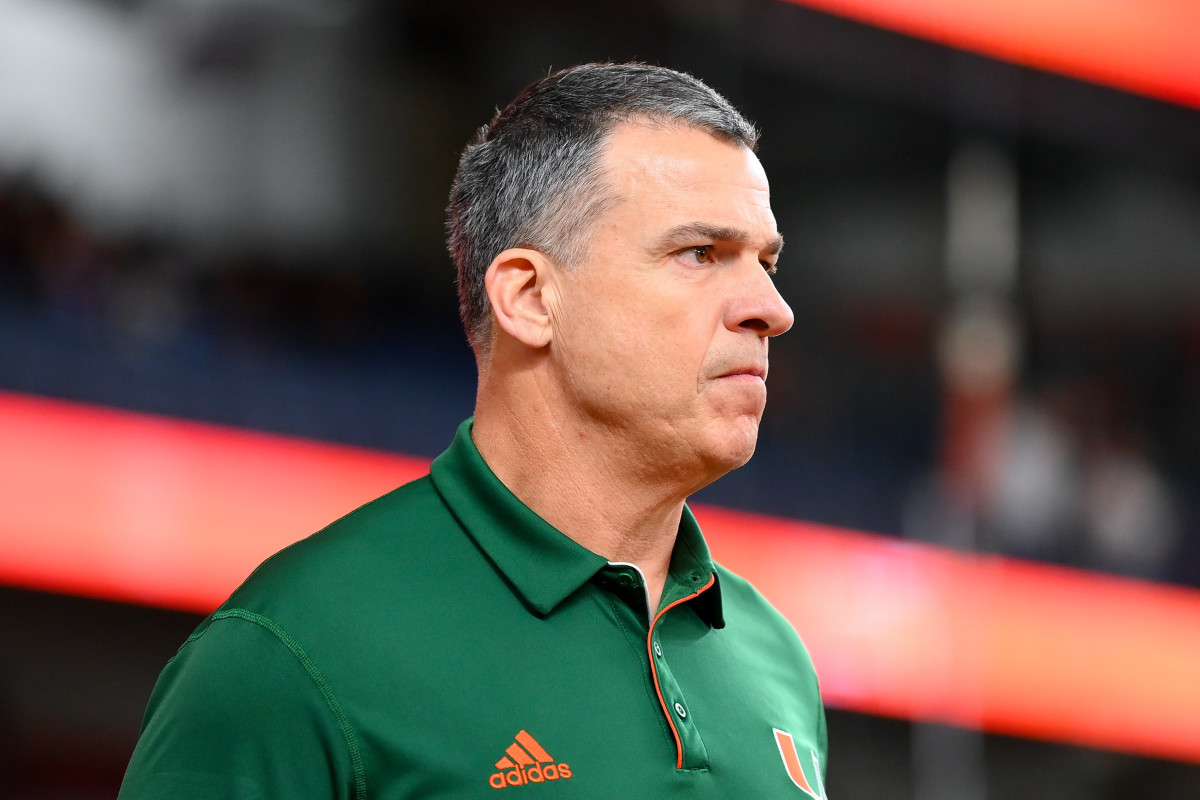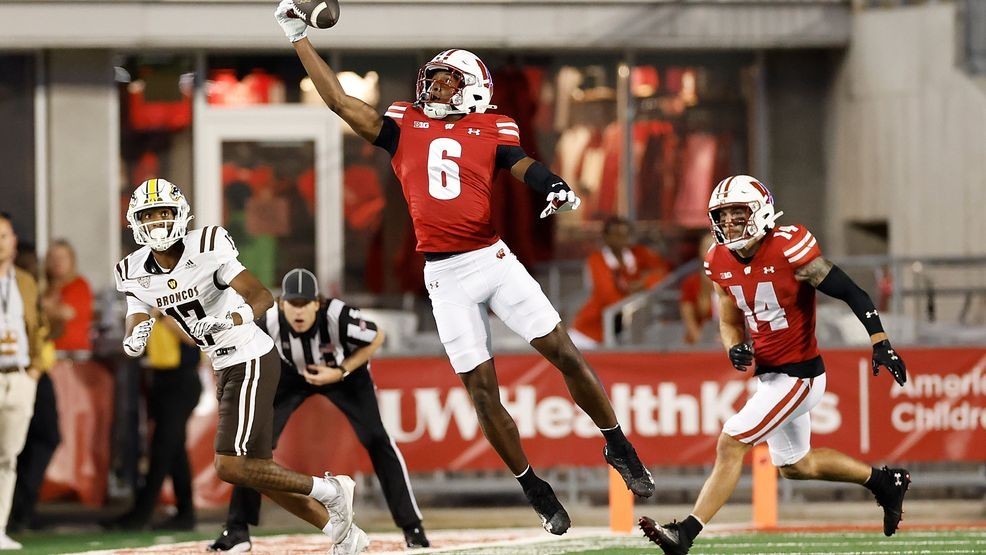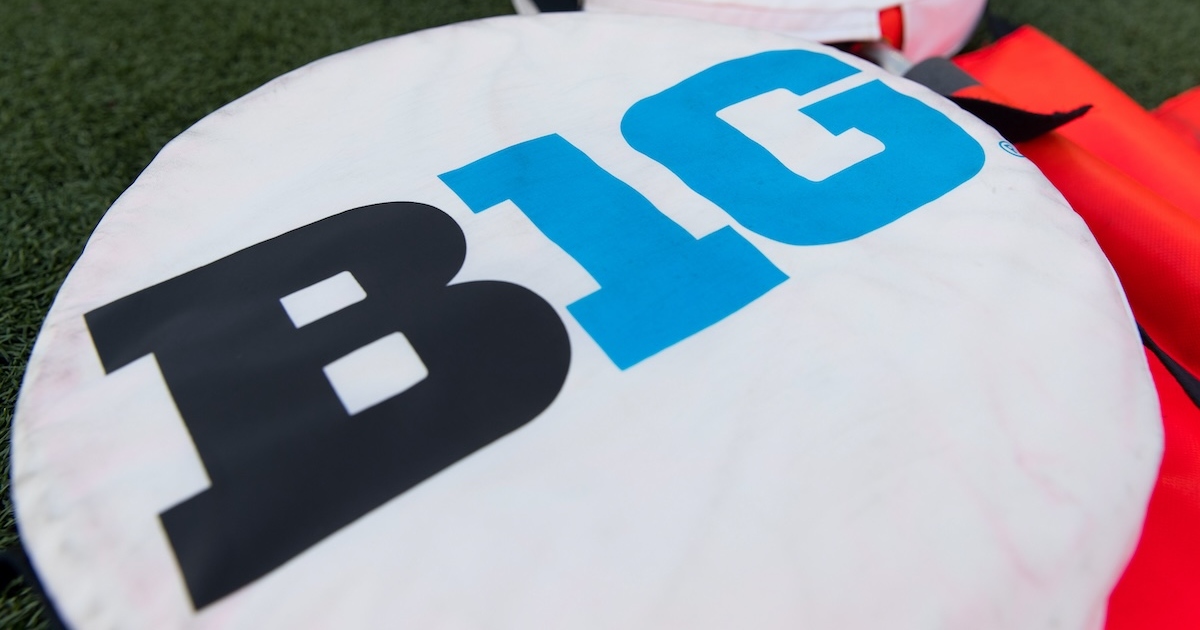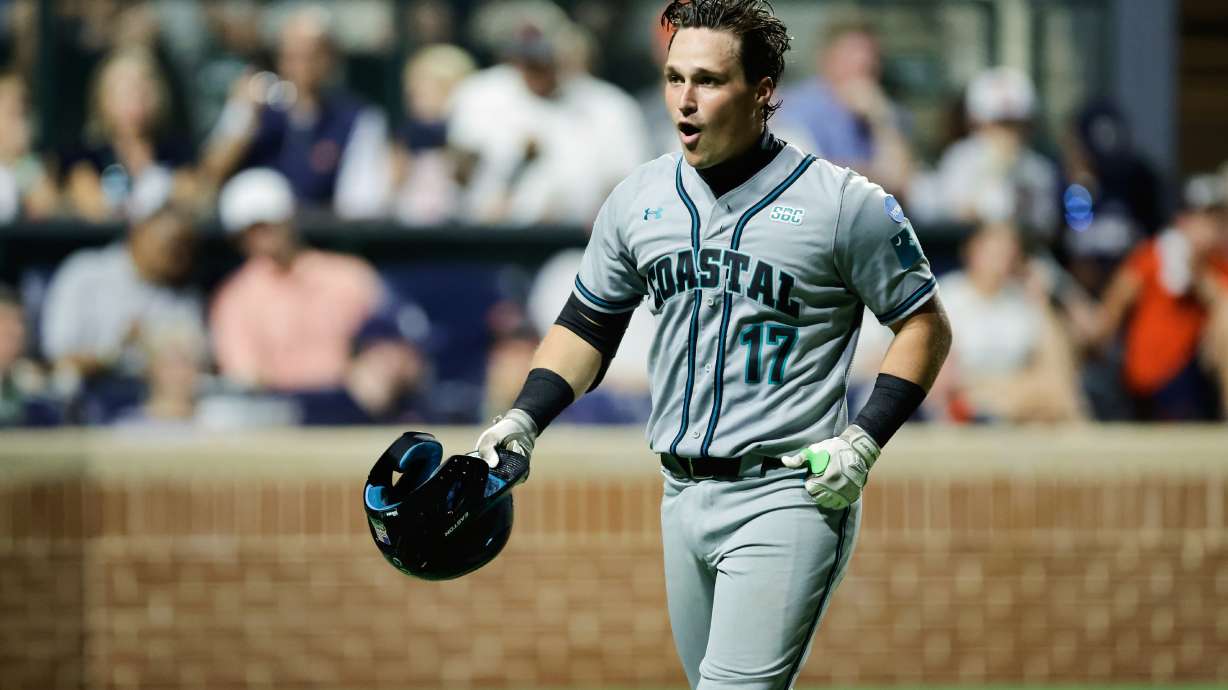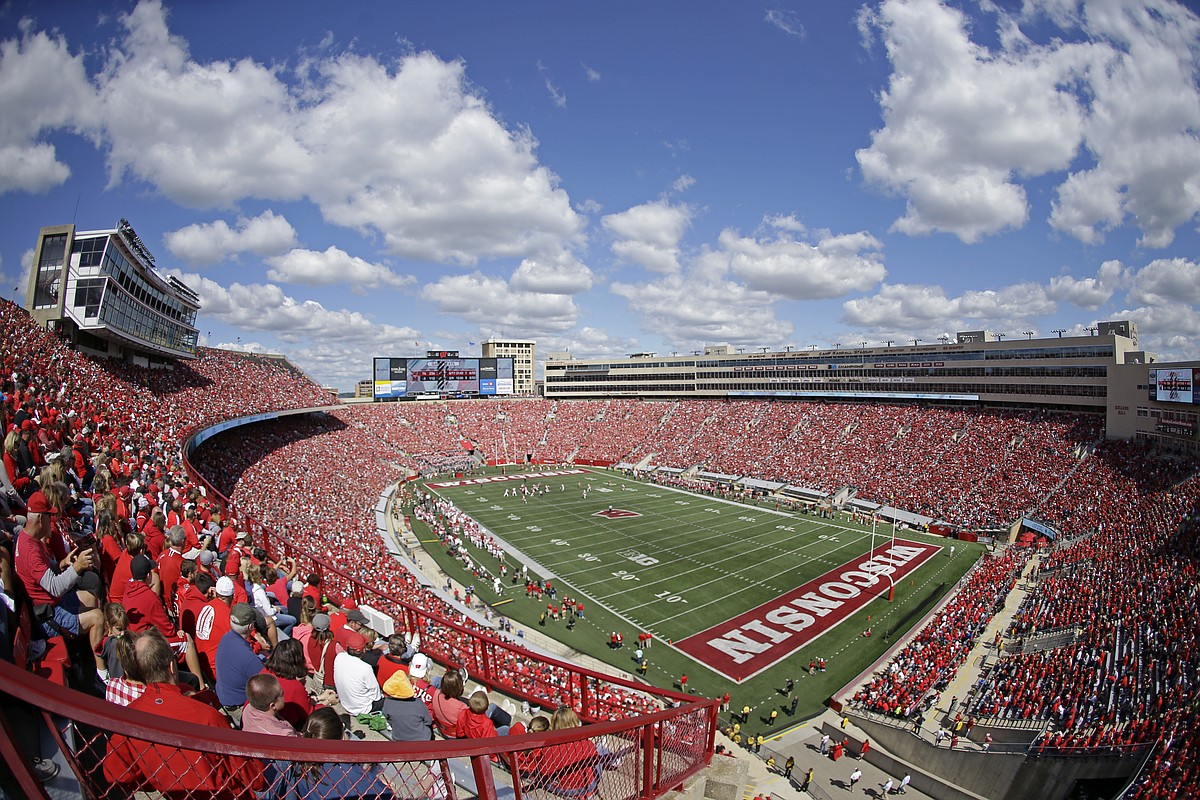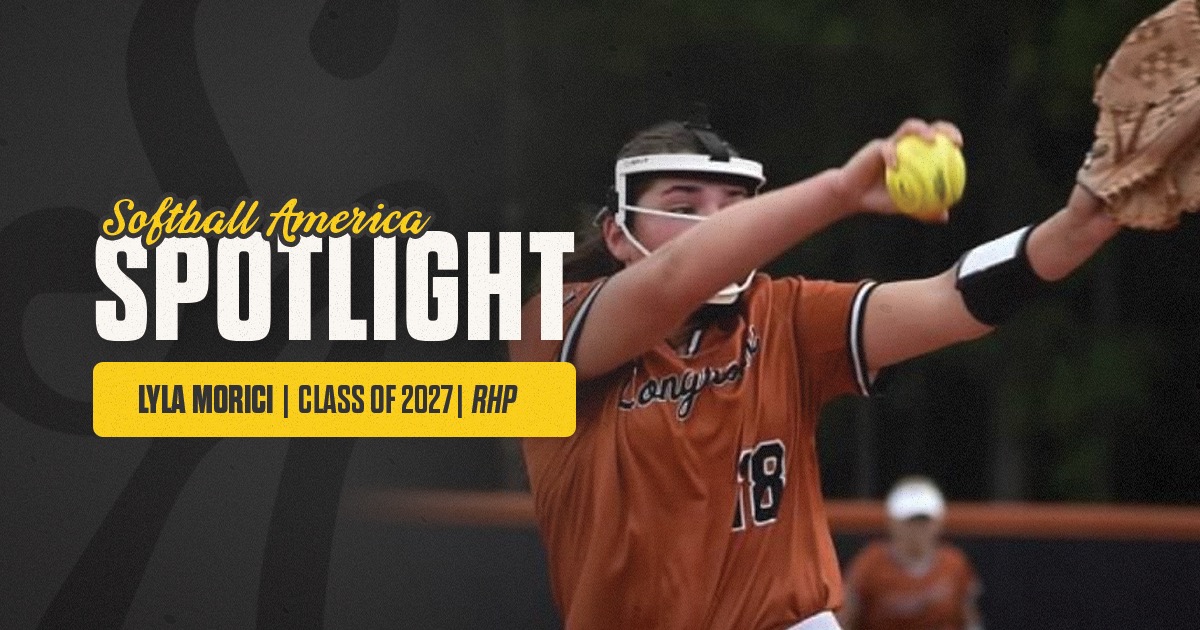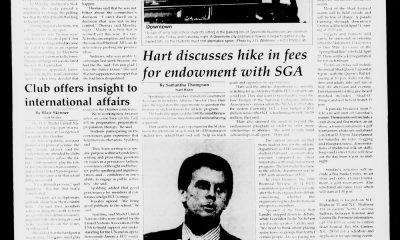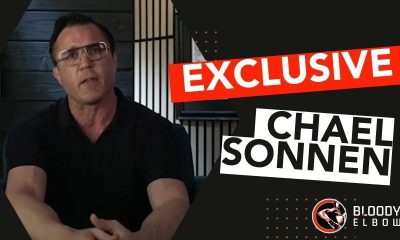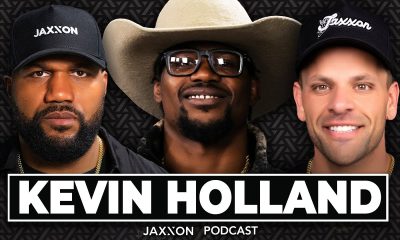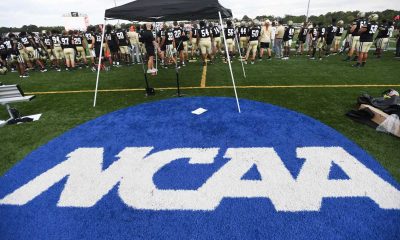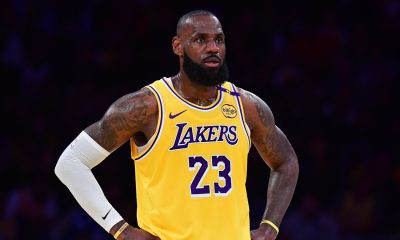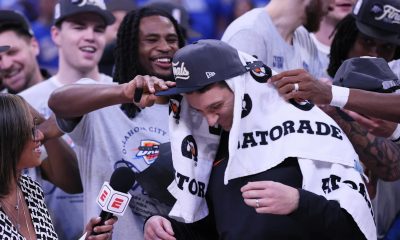HOOVER, Ala. — As Donald Trump flew to the University of Alabama on May 1 to speak at the school’s commencement activities, he spent much of the flight time pondering how to fix college athletics.
Accompanied by Sen. Tommy Tuberville of Alabama, a former college football coach at schools like Auburn and Ole Miss, President Trump wanted to know what was plaguing college football ahead of a meeting with retired Alabama football coach Nick Saban. Trump told the senior U.S. senator that he wanted to get involved in fixing college athletics. It started with assembling a group that intricately knew the ins and outs of a remarkable period of change for the sport.
“He said, ‘Let’s put a group of people together and give me your best shot,'” Tuberville told CBS Sports this week of his Air Force One conversation with President Trump. “And, then after that, see what we can do.”
That solution starts with Saban and Texas Tech chairman Cody Campbell, who are expected to co-lead a presidential commission on college athletics. The pairing of a seven-time national championship-winning football coach with a billionaire former college football player naturally generated major headlines.
Nick Saban expected to serve as co-chair for Trump administration’s commission on college football
Will Backus
In his first public comments about the commission on Wednesday, Saban didn’t want to go into any primary specifics about the commission’s intentions when discussing with a small group of reporters at the Regions Tradition Pro-Am.
“To be honest with you, I don’t really know much about this commission,” Saban said Wednesday morning. “I don’t really know what the commission will do. I think we know what needs to be done; I just think we need to figure out who’s got the will to do it. I learned one thing about coaching all these years when you get a subject like this that’s very complex: It’s probably good not to talk about it off the cuff.”
Later that day, on the “Paul Finebaum Show,” Saban said he wasn’t sure there was a need for a commission at all.
Saban’s cagey response could be because the commission hasn’t been formalized yet and is still working through early essential details, according to those familiar with the process. But despite Saban publicly questioning its utility, he has been involved behind the scenes and recognizes the value Trump could bring in delivering a federal solution.
“I know that Nick and Cody are talking on the phone a lot,” Tuberville told CBS Sports, and that active work was being done on building the commission’s roster around them. He referenced American Football Coaches Association executive director Craig Bohl, who retired from Wyoming in 2023, as a name that would make sense to join Saban and Campbell.
“The only thing that I can say is that the AFCA, we’ve had significant conversations with, what I believe are the stakeholders in college football and our perspective and my perspective is that we listen to all the coaches and we certainly have some insight that I think is unique,” Bohl told CBS Sports. “But as far as the formulation of the commission, I’m not aware that anything has been set in stone. I’ve had dialogue, but there’s not been anybody from that commission to say, ‘Hey Craig, we want you on here.’ I’ve had a dialogue. I just don’t know where it’s all at.”
The White House has not responded to a request for comment regarding the commission. When asked to specify whether the dialogue was with the White House, Saban or Campbell, Bohl, a coach for over 40 years most notably at Wyoming and North Dakota State, did not provide specifics. But he was on Capitol Hill last month when he addressed members of the House Judiciary Committee at an NIL roundtable in April offering three key recommendations on agent regulation, standardization of contracts and urging congress to create a governing body to oversee NIL issues with coaches serving a formal role on such a body.
“I know [President Trump] is a big college football fan,” Bohl said. “I do know he cares, and I do know that Coach Saban cares. I think it’s imperative that each lane, whether it’s a commissioner, whether it’s college presidents, whether it’s coaches or student athletes or some members of Congress, that everybody has an opportunity to engage and clarify and offer their perspective on a pathway forward.”
According to Tuberville, the key is not overstuffing the group with too many names so that it becomes unwieldy and doesn’t accomplish anything; far too many NCAA working groups have experienced this over the years. He says that even though he’s not the one putting the roster together and is only helping informally, his phone has been ringing off the hook with people interested in joining the commission.
“I think you get people involved who are looking at it every day,” Tuberville said. “Not just some weekend person. We’re going to need player involvement, men and women. One thing that President Trump says on my watch is: ‘We’re not losing women’s sports, we’re not losing Title IX.'”
Georgia coach Kirby Smart said Wednesday he wasn’t sure whether Saban would be on the commission, but if he was, he could improve the current unregulated environment.
“He’s certainly the right candidate because he knows the landscape,” Smart said. “He’s very bright, and he’ll do the due diligence to be prepared for it.”
What does the group want to accomplish?
The proposed commission’s goals have not been revealed, in part because the group has not even been officially announced, but multiple interviews with involved parties offer clues as to its focus.
As CBS Sports detailed last week, Saban and Campbell have publicly shared their views on several topics, ranging from NIL to the transfer portal to Olympic sports. While Saban has constantly reiterated players deserve to be paid, he testified at a Senate hearing last year it wasn’t in the “spirit of college athletics” for “whoever wants to pay the most money, raise the most money, buy the most players is going to have the best opportunity to win.”
Can Nick Saban and a Texas billionaire fix college sports? What we know about their vision
Brandon Marcello
Tuberville shared a similar sentiment in a CBS Sports interview.
“You’re going to eliminate 90 percent of schools because they don’t have the money,” Tuberville said. “Look at Texas. Nobody’s ever going to beat them again if we allow them to keep going the way they’re going. Again, I’ve got nothing against Texas; they’re going by the rules, but we’ve got to hopefully make it work out.”
Campbell, a significant benefactor for Texas Tech football’s NIL efforts, has written in The Federalist that college sports needs antitrust protection and one set of rules rather than the current patchwork of different rules for different states that currently rules. Saban made a similar point on “The Paul Finebaum Show,” arguing the need for a law that encompasses all 50 states and eliminates advantages and disadvantages of each state coming up with its own NIL rules. This is something that college athletics leaders have been lobbying for on Capitol Hill for years and as likely a bet as anything to come out of the commission’s recommendations.
Said Tuberville: “The one thing we have to do — and I told the president this — the one thing we can do is we can get all 50 states doing the same thing.”
Another focus will be preserving Olympic sports in the face of revenue sharing (assuming the House settlement is approved), which will predominantly devote resources away from them. College administrators have publicly and privately wondered the impact of the $20.5 million revenue share number on Olympic sports, ranging from slashing resources to fears of having to cut sports altogether. Those sports are not revenue generators for athletic departments in a time where revenue has never been more critical, but they play an important role in developing athletes who could later represent their countries in the Olympics. This is a priority for both Trump and Tuberville, particularly ahead of the United States hosting the 2028 Olympics in Los Angeles.
There is a laundry list of other things that either could or will be explored from fixing what is currently year-round free agency in college sports to whether there needs to be collective bargaining with athletes to the impact of conference realignment. There is no shortage of issues that coaches, administrators and players believe warrants fixing.
Hall of Fame basketball player Charles Barkley knows all about that. The NBA analyst and Auburn alum believes Saban, a man he thinks the world of, has quite an arduous task ahead of him.
“I mean college athletics is so f–ked up right now,” Barkley said. “I don’t know what they’re gonna do to fix this thing. NCAA is just a bunch of idiots who let it get out of control. I don’t know how you put the toothpaste back in the tube.”
What’s the timeline?
The Wall Street Journal previously reported that Trump was weighing an executive order in an attempt to fix college athletics. He could even use an executive order to officially form the commission, as he recently did with a group focused on religious liberty.
There is no exact timetable on when the commission could come to conclusions. There is a strong desire to find solutions, but they still could be months away. The commission won’t have the power to change laws but can recommend them to Trump and/or Congress.
Trump wants to be involved in fixing college sports, but with everything else going on in the world, Tuberville said the group wouldn’t bring anything to the president until it had an actionable plan.
“There’s a huge range of problems that we got here that that run off in different directions,” Tuberville said. “I told him, ‘Mr. President, you understand just enough to get us all in trouble.’ Let’s do something and present it and try to explain it just like anything else when it comes to a tax bill or something to do with education or something to do with foreign relations. He’s got to have people around him saying we think this is the best thing, and then he’ll evaluate it and go with it or not go with it.”
There has been natural skepticism within college athletics about what a commission can accomplish, further enflamed by Saban’s comments Wednesday, but Tuberville believes it could be college sports’ best hope. He spent years trying to work on a bill alongside Sen. Joe Manchin (West Virginia). Others, like Sens. Ted Cruz (Texas), Cory Booker (New Jersey), Richard Blumenthal (Connecticut) and Jerry Moran (Kansas), have also spent years in trying to come up with a federal legislative solution to fix college sports’ ails. College sports leaders have spent considerable time and energy working with those senators and congresspeople to explain the issues and come up with solutions, but one Power Four AD recently told CBS Sports that they and their colleagues always leave Washington, D.C. dismayed at the prospects of a federal solution coming out of Congress.
Instead, it may be college football’s greatest coach and a Texas oil billionaire who help deliver a long-awaited rescue.
“I think Nick and Cody can get something done along with President Trump’s power,” Tuberville said. “You’re not going to get six votes in the Senate so (Trump is) going to have to say, ‘Look this is what we’re going to do.'”


